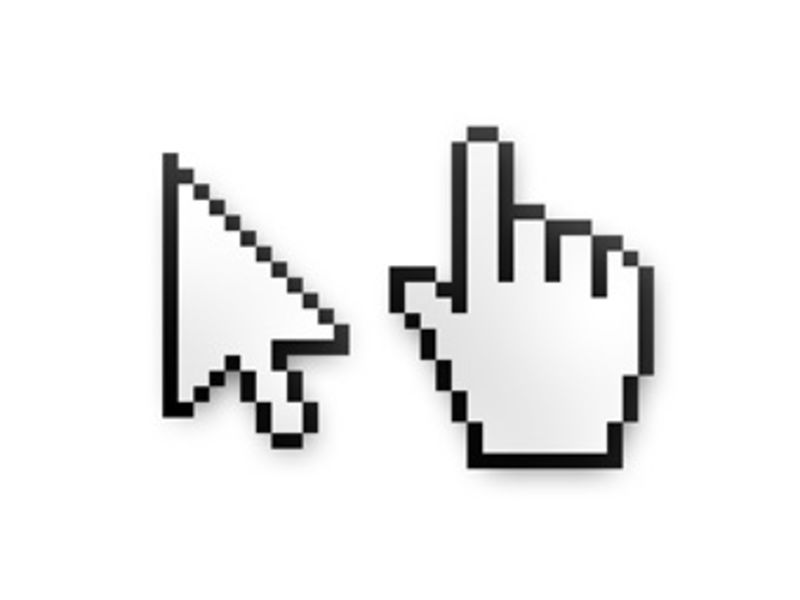 John DeVore has seen a thing or two in the 20 years he’s been working online.
John DeVore has seen a thing or two in the 20 years he’s been working online.
“I am a writer and an editor who launched his first site in 1999,” DeVore writes in Medium. “Since then, I have either launched or edited at least 30 sites, maybe more. I also used to drink too much. I am probably responsible for a hundred billion clicks, the most precious resource in the world.”
His story is not removed from some other people I know; people who have been working in online content since Al Gore invented the internet. Frankly, his description of the evolution of his online career reads a bit like a sad, slightly predictable horror movie. For him and, I imagine, so many others who have seen the evolution of this thing we call “online,” the journey has been breathtakingly wild and at the same time mind-numbingly silly.
“Remember the Predator movies? They are a beloved sci-fi horror franchise about a giant alien gorilla-crab monster who hunts human beings,” Devore writes. “In one of the recent sequels, a group of humans — each more badass than the last — are kidnapped and dropped on another planet, to be hunted by the titular character. At one point, they stumble upon the skeleton of another person and learn that they are not the first group of prey to be dumped onto Planet Predator. Then, later, they meet a human, played magnificently by Lawrence Fishburne, who has found a way to survive on the intergalactic game preserve. Against all odds, he has eked out an existence without being blasted into chunks by lasers or butchered by space swords. But he’d already gone insane from years of isolation and fear — and from the knowledge that at any moment, randomly, he could be killed in a spectacular fashion.
“Anyway, that’s how I feel after working in digital media for 20 years.”
For me, his most striking observation comes when talking about the difference between print writing (he used to be an editor for a NYC magazine), and digital content.
“I worked for a small consumer electronics publisher. That was my big break,” he explains, noting that he did not go to journalism school.
“I accounted for every word that was my responsibility in the magazine. That was, maybe, two or three thousand words?”
From there, he changed jobs and went to work at a website. “At the website, I soon learned that I was shepherding thousands of words every day, instead of once a month. It was impossible to spit-polish every word the way I had been told. I have lost many, many words on my watch,” he notes.
Any editor who has worked in both mediums can attest to this. The nature of the medium dictates the form; expediency wins out over integrity in the digital world. It has to. And eyeballs win out over deep engagement.
This creates what DeVore calls the digital wasteland, where “every digital writer is a radio shock jock.” (He’s done that job, too.) The wasteland leads directly to the situation we are in now, where the internet feeds us our opinion, then supports it stridently, rather than focusing on facts.
“Facts are fussy. It takes work to dig them up and crack them open. Skill. Journalism isn’t cheap. But a fact is valuable,” he writes. “For instance: ‘a hurricane is coming’ is an important fact to know. ‘There is tainted lettuce at the grocery store’ is another. It is in your self-interest to know facts like ‘a powerful politician is corrupt.’”
“I just wish truth and justice were profitable.”
Sadly, that’s not the case. He cites recent examples of big layoffs in online news organizations that at least tried to make a go of journalistic integrity online. This leaves even more of a pit in the black hole of the internet, what DeVore refers to as a hungry, blank, bottomless message board.
“The internet is not the future of journalism. It is not a global consciousness. It’s just a message board, albeit one that is becoming more and more sophisticated. An all-powerful chatroom. We should take great care what we cut-and-paste into it,” he muses.
The irony of me writing a digital blog post about a writer’s post that decries the digital wasteland does not escape me. The message, however, is powerful. Be careful – incredibly careful – what you consume out there.

February 5, 2019, 6:17 pm